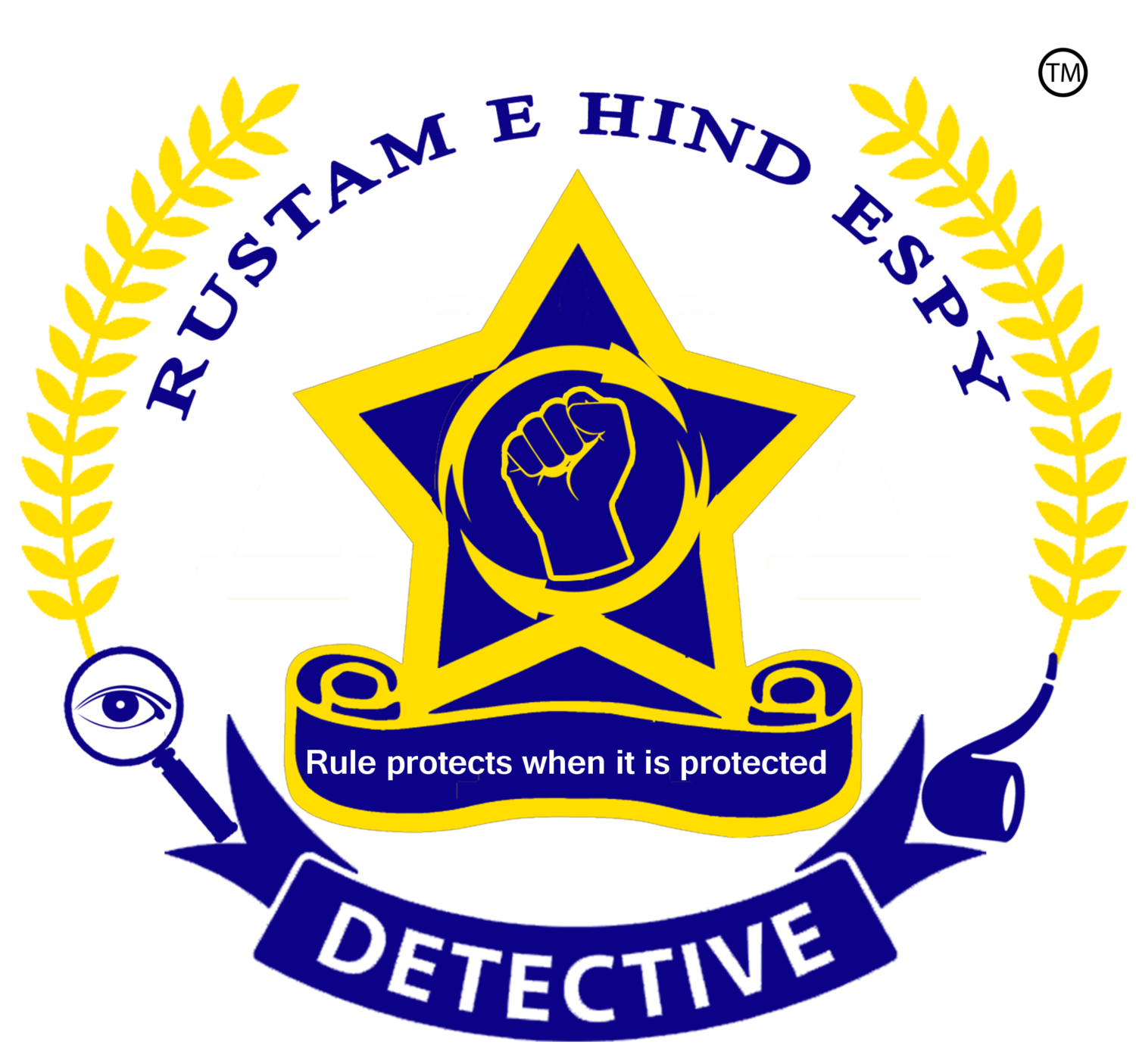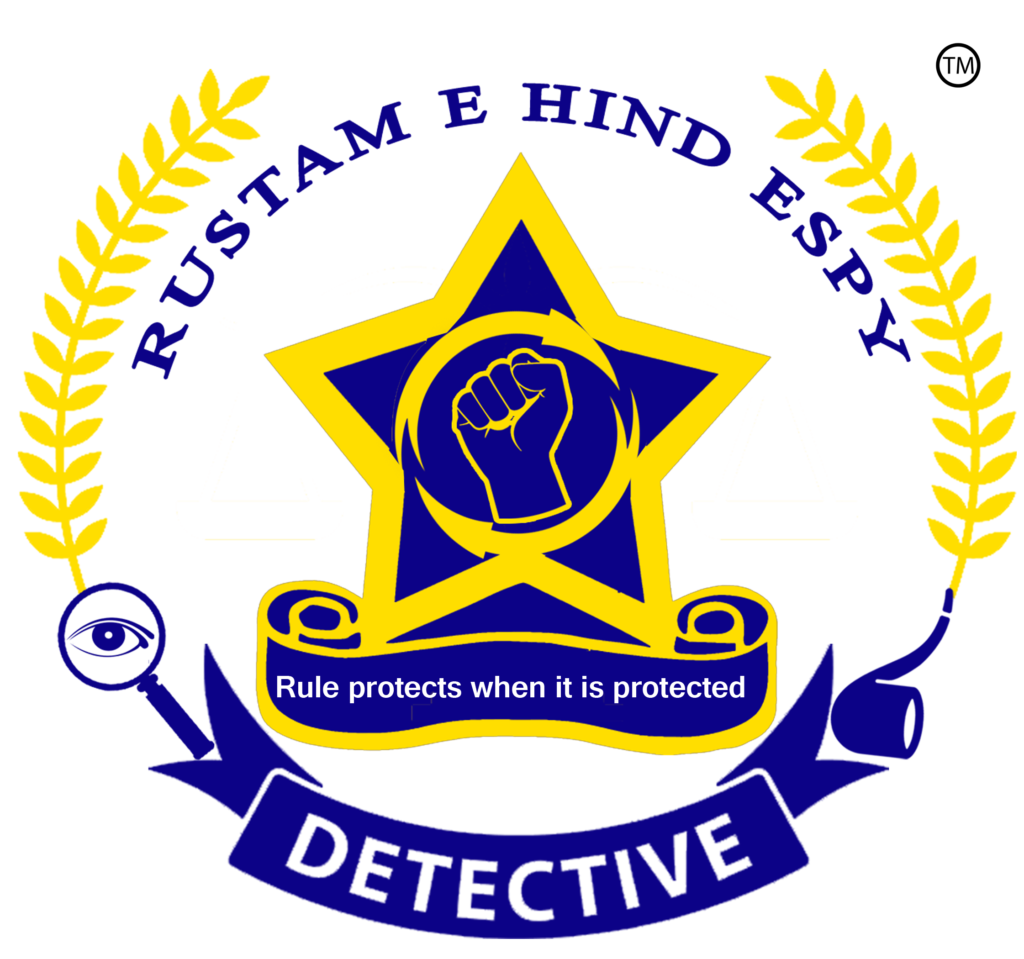

The Importance of Background Checking in Today’s World
Introduction
In today’s rapidly changing world, it is becoming increasingly important for individuals and organizations to conduct background checks. Whether it’s for hiring employees, renting out properties, or even entering into personal relationships, background checking has become a crucial step in ensuring safety, trust, and peace of mind.
Why Background Checking Matters
1. Safety and Security:
One of the primary reasons for conducting background checks is to ensure the safety and security of individuals and organizations. By looking into an individual’s past, we can identify any criminal records, history of violence, or other red flags that may pose a threat. This is especially important when it comes to hiring employees who will have access to sensitive information or working with vulnerable populations.
2. Trust and Reliability:
Background checks help establish trust and reliability. When we have access to an individual’s educational qualifications, employment history, and references, we can verify their claims and determine if they are indeed trustworthy and reliable. This is crucial for businesses that want to maintain a strong reputation and build long-term relationships with clients and customers.
3. Legal Compliance:
Background checking also ensures legal compliance. Depending on the nature of the business or industry, there may be specific regulations or requirements that need to be met. For example, certain professions, such as healthcare or childcare, require employees to undergo thorough background checks to ensure the safety and well-being of those they serve. By conducting background checks, organizations can avoid legal complications and demonstrate their commitment to following the law.
The Process of Background Checking
1. Verifying Identity:
The first step in background checking is to verify the individual’s identity. This can be done through documents such as passports, driver’s licenses, or social security cards. By confirming their identity, we can ensure that the information we gather is accurate and reliable.
2. Criminal Record Check:
A crucial aspect of background checking is conducting a criminal record check. This involves searching databases and records to determine if the individual has any past convictions or involvement in criminal activities. It helps identify potential risks and allows organizations to make informed decisions.
3. Employment and Education Verification:
Background checks often involve verifying an individual’s employment history and educational qualifications. This can be done by contacting previous employers, educational institutions, or through online platforms that specialize in background checking. By doing so, we can confirm the accuracy of the claims made by the individual and assess their suitability for a particular role.
4. Reference Checks:
Reference checks play a crucial role in background checking. By reaching out to references provided by the individual, we can gain insights into their character, work ethic, and overall performance. This helps in evaluating their compatibility with the organization’s values and culture.
Conclusion
Background checking has become an essential part of our society. It provides safety, trust, and legal compliance in various areas of life. Whether it’s for employment, renting properties, or establishing personal relationships, conducting background checks allows us to make informed decisions and protect ourselves and our organizations. By investing in thorough background checking processes, we can create a safer and more reliable environment for everyone.










